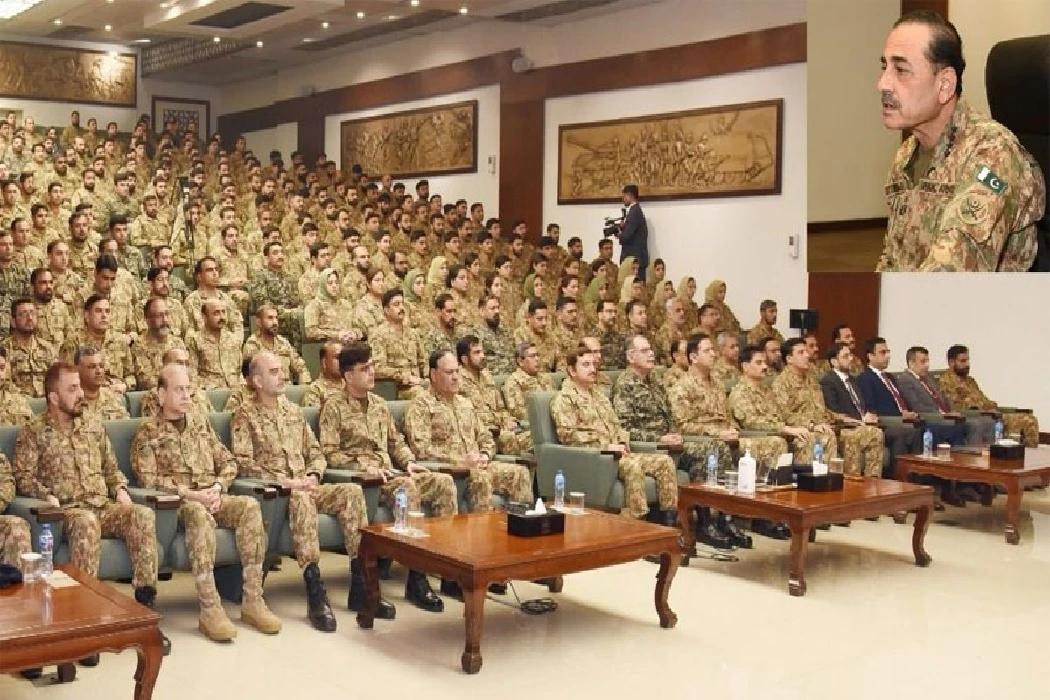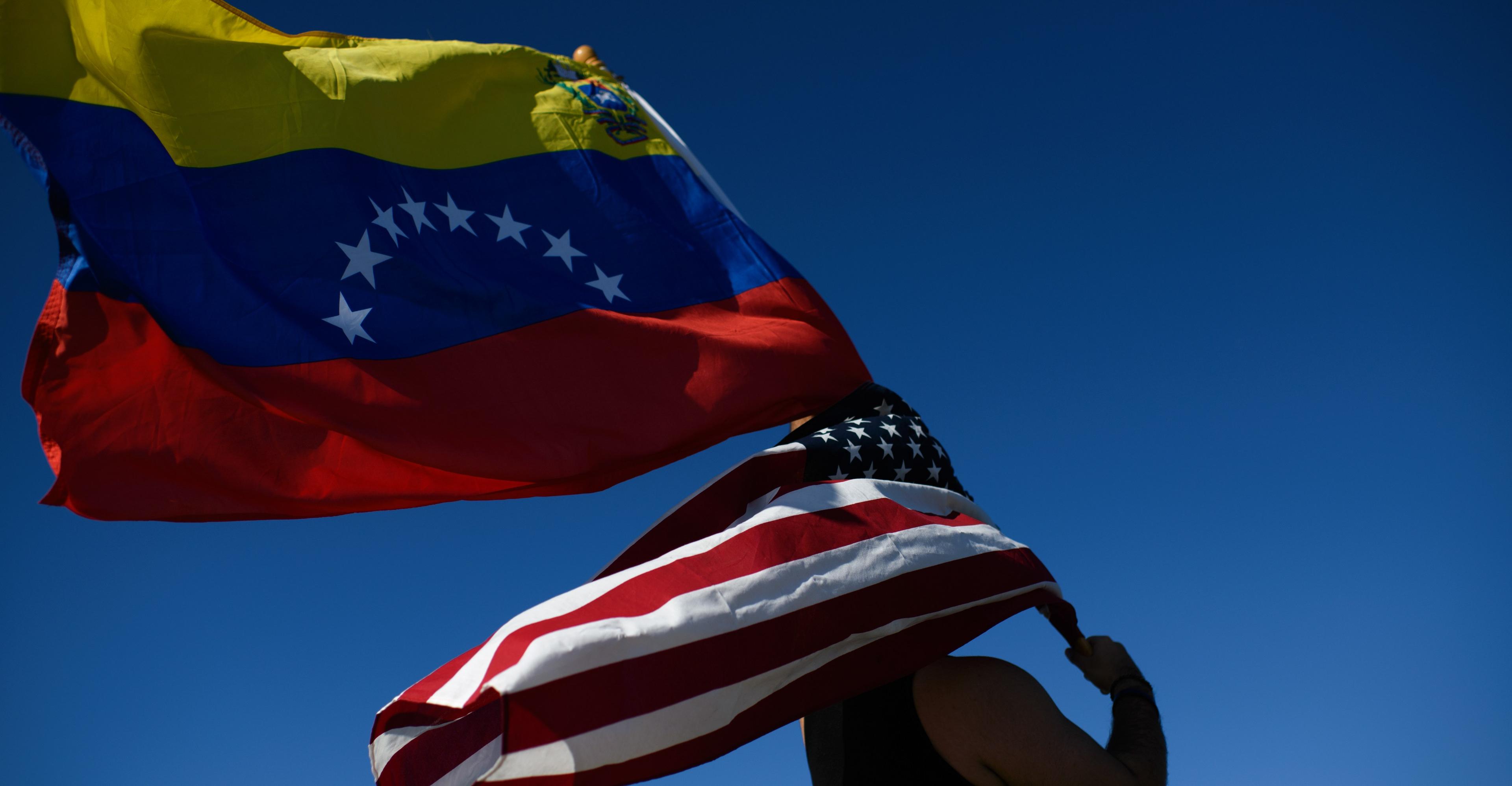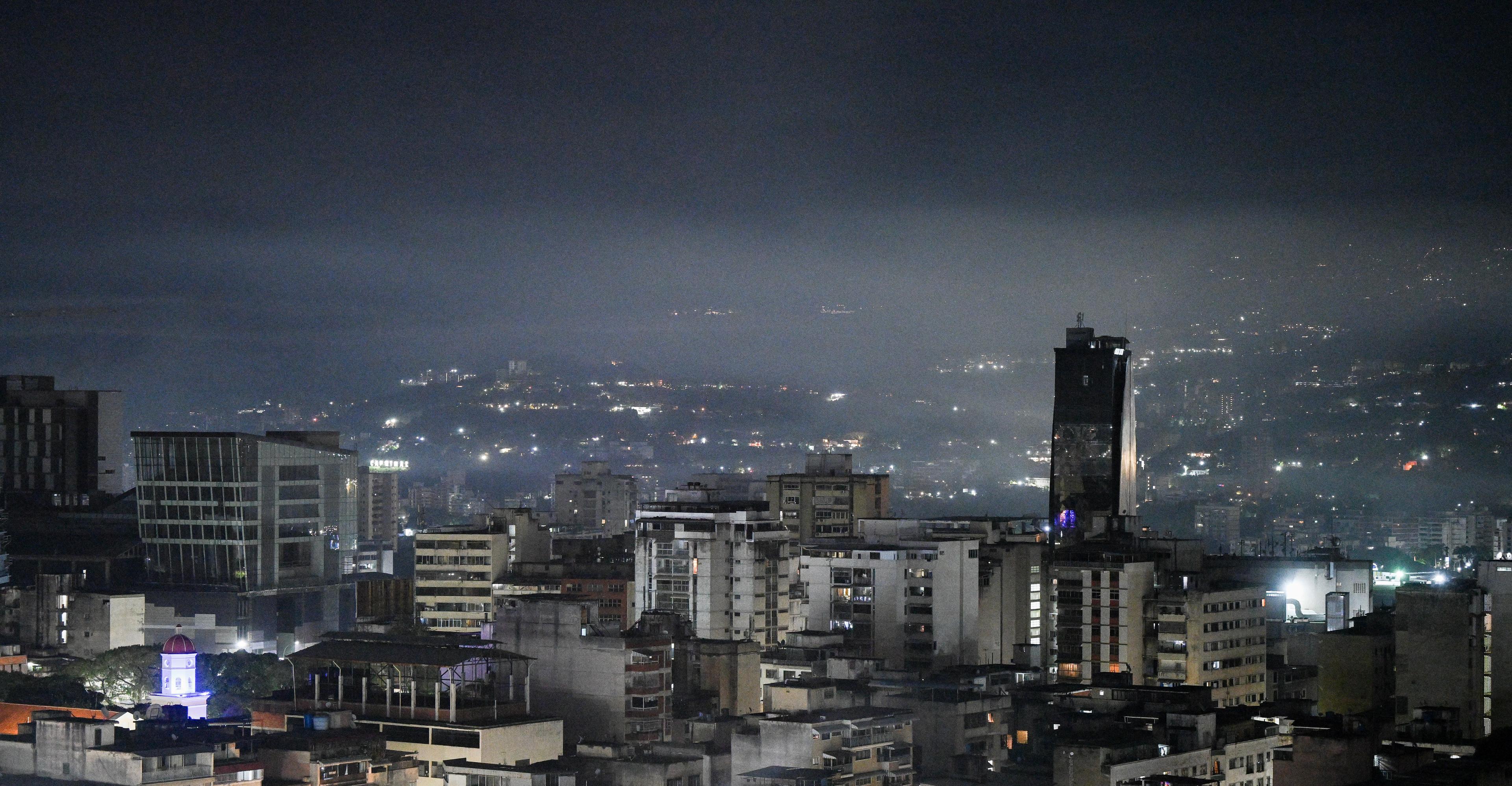In her forthcoming book Stolen Pride, sociologist Arlie Russell Hochschild describes her time spent in the towns and hollers of Kentucky’s Fifth Congressional District — one of the whitest, poorest, and most-Trump-supporting districts in the entire country. D…

Published a year ago on Sep 5th 2024, 9:00 pm
By Web Desk

In her forthcoming book Stolen Pride, sociologist Arlie Russell Hochschild describes her time spent in the towns and hollers of Kentucky’s Fifth Congressional District — one of the whitest, poorest, and most-Trump-supporting districts in the entire country. During her time there, she noticed something interesting about who tended to be most excited about the Trump movement. “Those most enthralled with Donald Trump were not at the very bottom — the illiterate, the hungry,” she writes. Rather, Trump’s biggest fans could be found among “the elite of the left-behind,” meaning people “who were doing well within a region that was not.” It’s an observation that cuts against the prevailing theory of Trumpism: that he is the tribune of the left-behind and impoverished white people suffering due to globalization. It is also one that is backed by hard data. In 2020, three political scientists studied how location and income affected white voters’ voting decisions. They found that, on a national level, poorer white people were indeed more likely to vote for Trump than richer ones. But when you factored in local conditions — the fact that your dollar can buy more in Biloxi than Boston — the relationship reverses. “Locally rich” white people, those who had higher incomes than others in their zip codes, were much more likely to support Trump than those who were locally poor. These people might make less money than a wealthy person in a big city, but were doing relatively well when compared to their neighbors. Put those two results together, and you get a picture that aligns precisely with Hochschild’s observations. Trump’s strongest support comes from people who live in poorer parts of the country, like KY-5, but are still able to live a relatively comfortable life there. So what does this mean for how we understand the Trump-era right? It cuts through the seemingly interminable debate about Trump’s appeal to “left behind” voters and helps us understand the actual complexity of the right’s appeals to region and class in the United States. America’s divisions are rooted in less income inequality per se than is widely appreciated, and often tied to divisions inside of communities and social groups. In Stolen Pride, Hochschild locates the heart of Trump’s appeal to rural voters in emotions of pride and shame — including pride in their region’s traditions and shame in what it’s become in an era of declining coal jobs and rising drug addiction. For Roger Ford, a KY-5 entrepreneur and Republican activist who serves as Hochschild’s exemplar of Trump’s “locally rich” base, Trump helps resolve those emotions by offering someone to blame. Ford may not be suffering personally, but his region is — and Trump’s rage at liberal coastal elites helps him locate a villain outside of his own community. “He based his deepest sense of pride, it seemed, on his role of defender of his imperiled rural homeland from which so much had been lost — or, as it could feel, ‘stolen,’” she writes. Ford’s comments to Hochschild shift seamlessly between economic and cultural grievances. In discussing his opposition to transgender rights, he situates it as the latest in a long line of dislocations that people in his region faced. “With all we’re coping with here, we’re having a hard enough time,” he tells Hochschild. “Then you make it fashionable to choose your gender? Where are we going?” This comment might make it seem as if economic concerns are somehow prior to cultural ones, and people like Ford are angry at transgender people because of economic deprivation in coal country. But high-quality research tells a different, more complicated story. In 2022, scholars Kristin Lunz Trujillo and Zack Crowley examined the political consequences of what they call “rural consciousness” for politics. They divide this consciousness into three component parts: “a feeling that ruralites are underrepresented in decision-making (‘Representation’) and that their way of life is disrespected (‘Way of Life’) — both symbolic concerns — and a more materialistic concern that rural areas receive less resources (‘Resources’).” When they tried to use these different “subdimensions” of rural consciousness to predict Trump support among rural voters, they found something interesting. People who saw the plight of ruralities in cultural and political terms were most likely to support Trump, while those primarily concerned about rural poverty were, if anything, less likely to support him than their neighbors. Taken together, these findings suggest that the story isn’t simply that economic deprivation breeds cultural resentment. Trump’s strongest supporters in rural areas tend to be angry that their regions don’t set the social terms of American life: that they don’t control the halls of power and that, as a consequence, both political and cultural life is moving away from what they’re comfortable with. Economic decline surely exacerbates this sense of alienation, but it isn’t at the heart of it. This more sophisticated understanding of rural white politics contributes to a broader literature complicating how we think of Trumpism’s class base, be it Floridian boat paraders or GOP mega-donors. This body of work suggests that the conventional class shorthands political commentators use — rural versus urban, elite versus the working class, the one percent versus the rest — are of limited utility in discussing the political economy of Trumpism. To really understand what’s happening on the right today, we need to pay attention to the divisions within these broad groupings.

Armed Forces remain steadfast in safeguarding country’s sovereignty: Field Marshal
- 8 hours ago

Nvidia’s GeForce Now is getting native Linux and Fire TV apps
- 20 hours ago

Air chief visits Saudi Arabia, pledges to strengthen defense cooperation
- 8 hours ago

How Trump brought the World Cup to America
- 18 hours ago

This free feature helps make stolen Bosch e-bikes unsellable
- 20 hours ago
Green Shirts beat Sri Lanka by six wickets in first T20I
- a day ago

Field Marshal meets Bangladesh air chief, reaffirms commitment to strengthen defense relations
- 6 hours ago

Is this the folding iPhone’s creaseless display?
- 20 hours ago

What actually is the “Donroe Doctrine”?
- 18 hours ago

PM announces to launch major development projects in Balochistan
- 6 hours ago

Quetta: Prime Minister arrives at Governor House, briefed on provincial affairs and development projects
- 8 hours ago

8BitDo’s new wireless Xbox controller has swappable ABXY button switches
- 11 hours ago
You May Like
Trending









